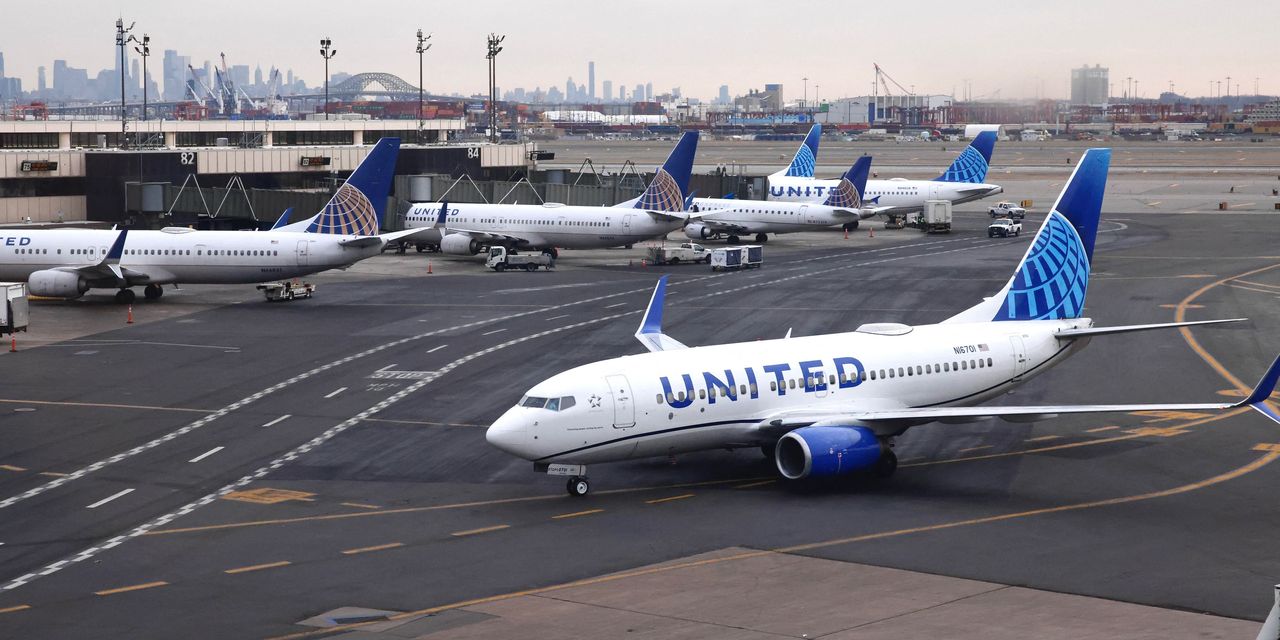The devaluation of the naira against the United States dollar by 55% in the official foreign exchange market has resulted in a corresponding increase in airfares for international routes in Nigeria, according to investigations by The PUNCH.
The naira’s fall from approximately 900/dollar to over 1,400/dollar on Monday, following the FMDQ Exchange’s review of its exchange rate calculation methodology, prompted international airlines operating in Nigeria to adjust their pricing exchange rates. Within 24 hours of the official exchange rate movement, ticket prices for international flights from Nigeria increased by approximately 55%.
A check on Wednesday revealed that ticket prices for popular routes such as Lagos-London-Lagos, Lagos-New York-Lagos, and Lagos-Johannesburg had experienced substantial hikes.
Susan Akporiaye, the President of the National Association of Nigerian Travel Agencies (NANTA), confirmed the sharp increase and expressed concern about its impact on travel agencies. She noted that travelers were now parting with more money, primarily for essential purposes such as medical or educational trips, rather than leisure.
For instance, an air ticket that used to cost $1000 has surged to N1.5 million. This financial strain is affecting travelers, forcing them to tighten their budgets. Akporiaye empathized with passengers, acknowledging their financial constraints, and suggested that airlines consider offering lower inventory options to accommodate budget-conscious travelers.
She emphasized that the current economic situation in the country, rather than the airlines, was responsible for the surge in prices. Akporiaye expressed optimism that prices would eventually decrease.
Price checks by The PUNCH revealed that the average airfare to high-traffic international destinations, such as London, Dubai, New York, and Johannesburg, ranged from N2.65 million to N3.2667 million.
To address the financial burden on travelers, Akporiaye recommended that airlines open up lower inventory options, enabling customers to access flights at more affordable rates. Despite the challenges posed by the currency depreciation, there is no available data to confirm a significant drop in travel demand in Nigeria.
The International Air Transport Association (IATA) reported that African airlines experienced a 38.7% increase in annual traffic in 2023 compared to the previous year. However, the load factor for African airlines was the lowest among regions at 71.9%. December 2023 saw a 9.5% rise in traffic for African airlines compared to December 2022.


